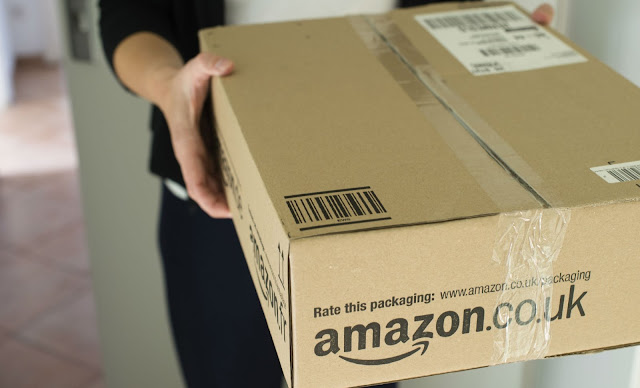In our previous post, we explained 5 keys to get consumers in online markets. Of course, that is not enough and we are here to give you 5 more pieces of advice to make you e-commerce grow.
1) It has to be a solution
When we buy online, we can buy simultaneously in several spaces and various types of products. We do not have to navigate sections of a supermarket, for example, browsing shelves to see what we find, but you can put many things at the same time in the cart. This implies that companies have to be able to see the purchase not as something that is made product to product, but rather as a process in which products are keys to more things.
2) Many more audiences have to be reached, even those who have been forgotten
In a physical store, space is limited. A supermarket can not sell vegan products if there is not really a significant niche market and a cosmetics store can not sell a type of shampoo that only buy 2 people in that neighborhood. However, the online store allows you to do it (as well as allowing you to reach many more consumers than two) and must offer it. The Internet allows reaching more niche audiences and offering a much wider variety of products. It is not limited by space, which allows it to be much more varied and reach more consumers. In fact, it is what they expect.
3) Do not limit things
Let's talk about joining the points. In fact, it is what we have been hearing for months now as the need to connect with the omnichannel consumer. Consumers no longer function as watertight compartments but have been seeing more and more customers that jump from one channel to another and expect to do so in the same buying processes.The Internet and the physical stores can no longer be separated.
4) Do not forget personal experience
On the other hand, although the internet has created a new way to consume, citizens are still looking for experience, they want to continue to test what they are going to buy. It is what made showrooming become fashionable, for example, but also what makes them keep looking for samples and still wanting to try the product. Some recent success stories have been those of brands that, although they knew that their consumer was online, have allowed them to test their products offline before.
5) Use the data
Information is crucial, as has been learned in the latest analysis and studies. So is electronic commerce, which has also become a source of information with which it was not previously and with a quality that goes much further than others that companies have. The consumer is saying all the time how he wants to consume and what he wants to buy, something that is very interesting for brands and that these should take advantage of to be much more efficient.
https://www.aihello.com/resources/blog/the-10-keys-to-seducing-and-conquering-consumers-online-part-2/
1) It has to be a solution
When we buy online, we can buy simultaneously in several spaces and various types of products. We do not have to navigate sections of a supermarket, for example, browsing shelves to see what we find, but you can put many things at the same time in the cart. This implies that companies have to be able to see the purchase not as something that is made product to product, but rather as a process in which products are keys to more things.
2) Many more audiences have to be reached, even those who have been forgotten
In a physical store, space is limited. A supermarket can not sell vegan products if there is not really a significant niche market and a cosmetics store can not sell a type of shampoo that only buy 2 people in that neighborhood. However, the online store allows you to do it (as well as allowing you to reach many more consumers than two) and must offer it. The Internet allows reaching more niche audiences and offering a much wider variety of products. It is not limited by space, which allows it to be much more varied and reach more consumers. In fact, it is what they expect.
3) Do not limit things
Let's talk about joining the points. In fact, it is what we have been hearing for months now as the need to connect with the omnichannel consumer. Consumers no longer function as watertight compartments but have been seeing more and more customers that jump from one channel to another and expect to do so in the same buying processes.The Internet and the physical stores can no longer be separated.
4) Do not forget personal experience
On the other hand, although the internet has created a new way to consume, citizens are still looking for experience, they want to continue to test what they are going to buy. It is what made showrooming become fashionable, for example, but also what makes them keep looking for samples and still wanting to try the product. Some recent success stories have been those of brands that, although they knew that their consumer was online, have allowed them to test their products offline before.
5) Use the data
Information is crucial, as has been learned in the latest analysis and studies. So is electronic commerce, which has also become a source of information with which it was not previously and with a quality that goes much further than others that companies have. The consumer is saying all the time how he wants to consume and what he wants to buy, something that is very interesting for brands and that these should take advantage of to be much more efficient.
https://www.aihello.com/resources/blog/the-10-keys-to-seducing-and-conquering-consumers-online-part-2/


